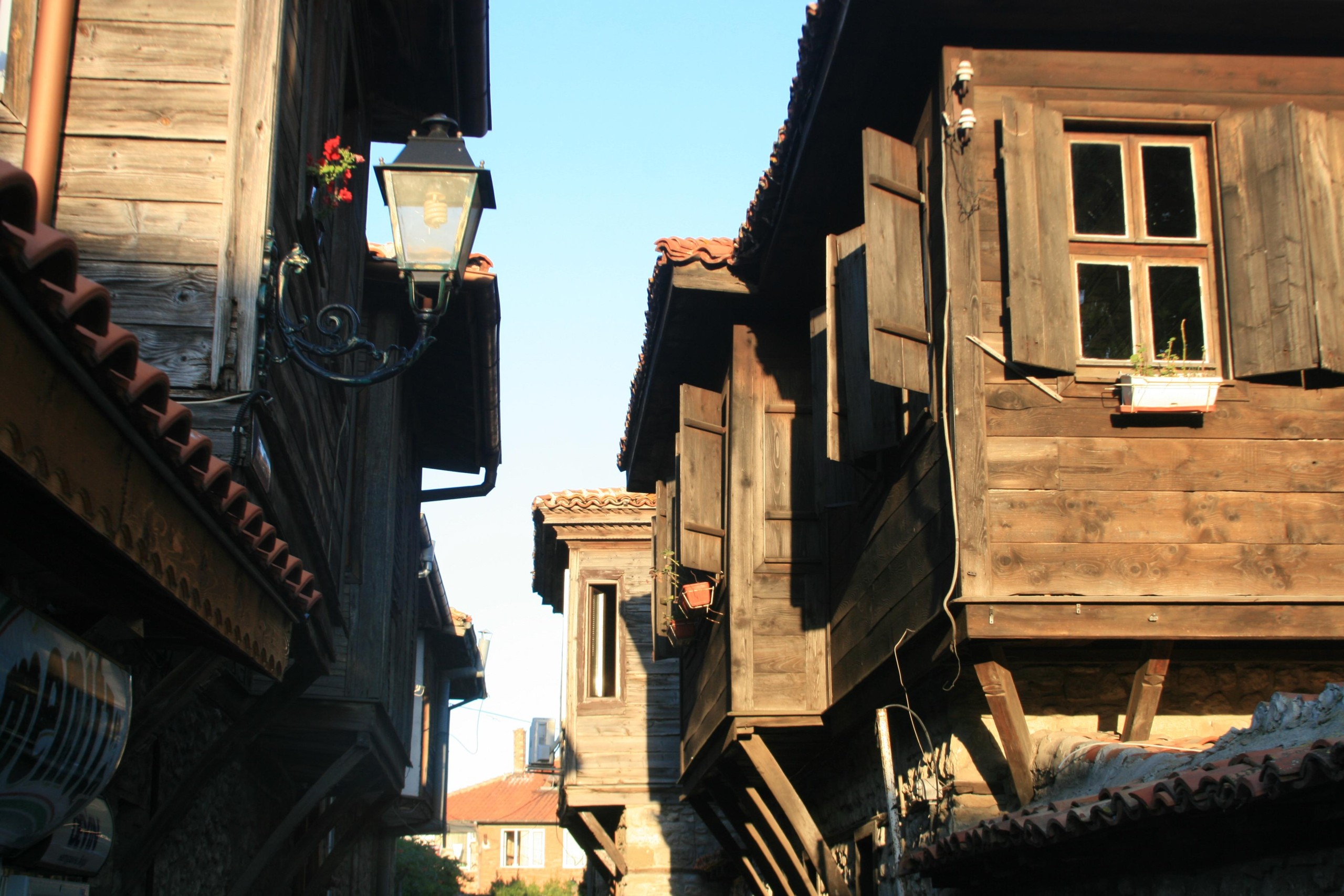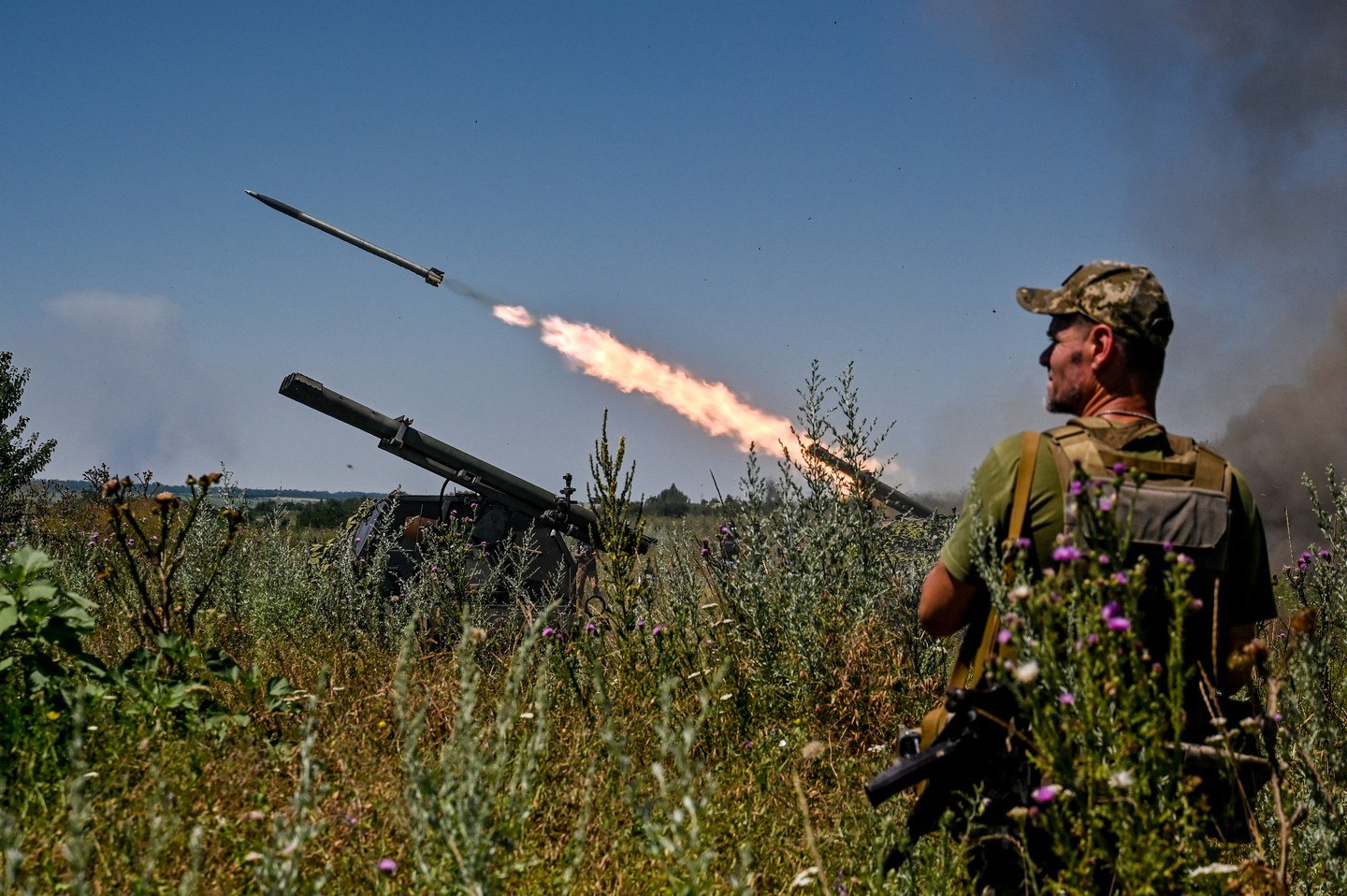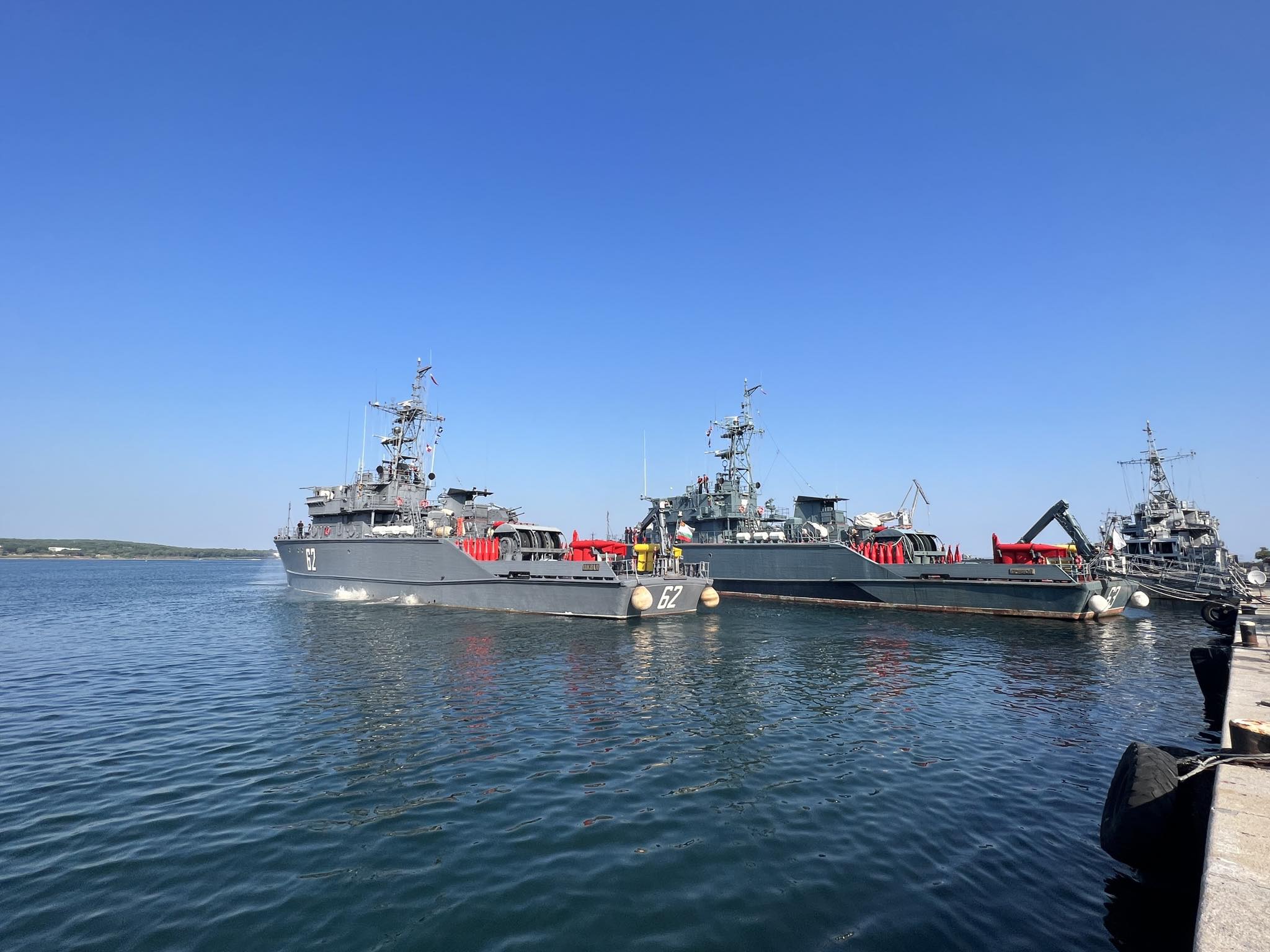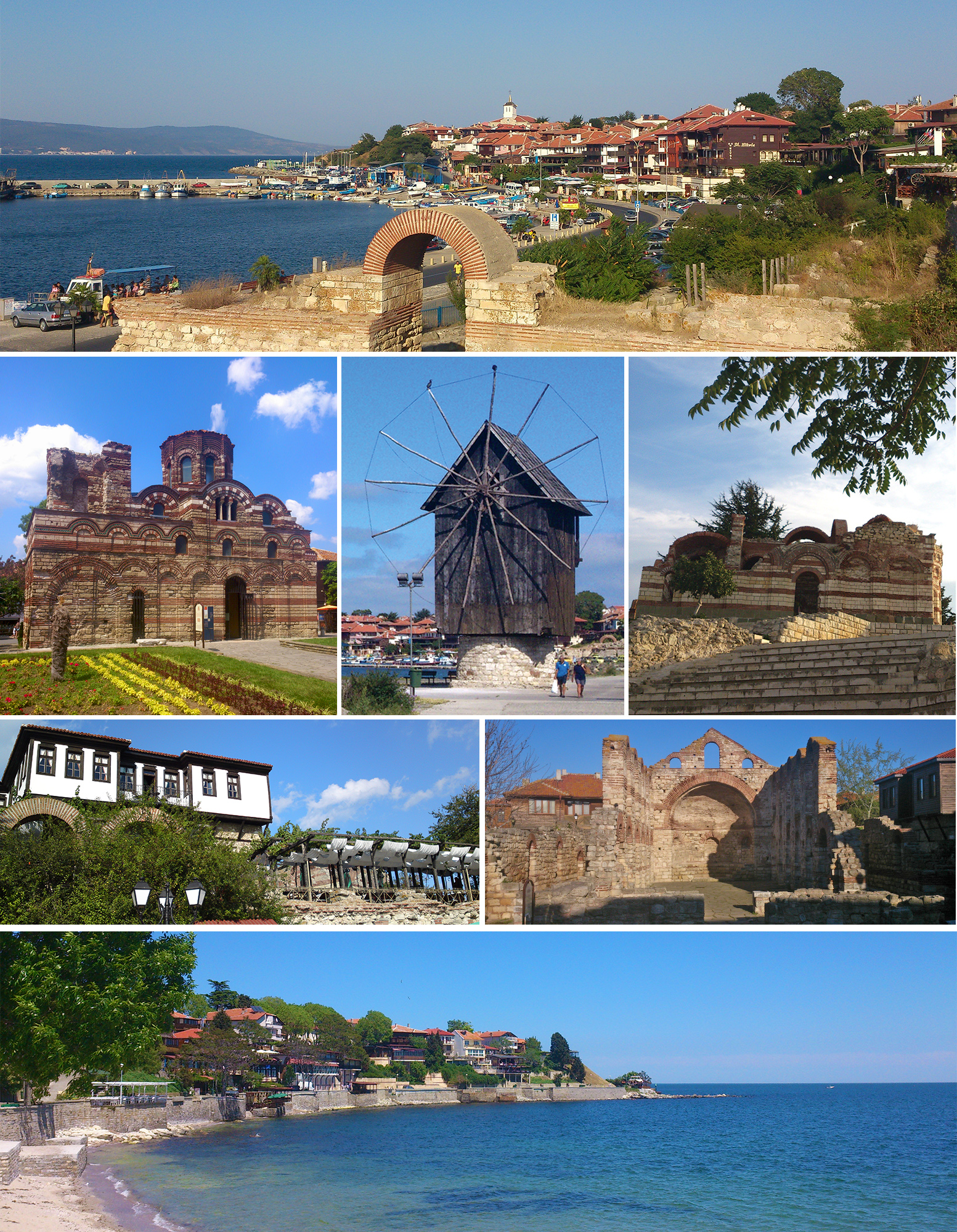The Russian military invasion of Ukraine has caused significant damage to the tourism sector in Bulgaria, a traditional touristic area for citizens of the Russian Federation, Ukraine or Belarus. Authorities in Sofia are trying to identify new solutions to boost this industry.

Tourism Tradition
Bulgaria is known for its natural beauty, the beaches along the Black Sea coast, and its rich cultural heritage. The tourism industry has been a significant sector for the Bulgarian economy, making substantial contributions to national income and job creation.
Bulgaria boasts a number of popular resorts along the Black Sea coast, such as Sunny Beach, Albena, and Golden Sands. These resorts attract tourists due to their beaches, water sports, and vibrant nightlife.
The Balkan state has a rich history and diverse cultural heritage. Cities like Sofia, Plovdiv, and Veliko Tarnovo are renowned for their historical attractions, monuments, and museums.
The Balkan Mountains run through Bulgaria, providing opportunities for mountain tourism, hiking, and winter sports during the colder season. Additionally, Bulgaria is recognized for its spa resorts and thermal baths, such as Bansko and Sandanski, which attract tourists seeking relaxation and healing.
Rural tourism is a growing segment in Bulgaria’s countryside, offering authentic experiences with picturesque villages, local traditions, and specific cuisine. This segment aims to attract both domestic and international tourists.”
Problems and Challenges
A significant issue for Bulgaria’s tourism industry is its outdated or underdeveloped infrastructure. Roads, public transportation, hotels, and other facilities have needed modernization to meet tourists’ requirements and expectations.
Being in a region with strong tourism competition is another challenge. Neighboring countries like Greece, Turkey, and Croatia are also popular tourist destinations, making Bulgaria compete to attract visitors.
Another major challenge has been the seasonal dependency on the summer season. Many of Bulgaria’s attractions, such as Black Sea coastal resorts, draw tourists mainly during the summer, leaving less active periods during the rest of the year.
Similar challenges are present in the winter tourism sector. Diversifying the offerings and promoting tourism during off-peak seasons are concerns to mitigate this seasonal dependence.
Past political instability and economic uncertainty negatively impacted tourists’ confidence in Bulgaria as a safe and attractive destination. Negative media coverage or inappropriate political events can influence tourists’ decisions to choose Bulgaria as their destination. Additionally, few foreign firms are willing to invest in a country known for corruption and political instability.
The rapid growth of tourism in Bulgaria has led to pressures on natural and cultural resources, as well as local communities. Issues like waste management, uncontrolled urban development, and the risk of over-tourism in certain places can threaten the long-term sustainability of the tourism industry.
Improving the quality of tourism services, including accommodations, food, and overall tourist services, is another challenge. Maintaining high standards and ensuring positive experiences for tourists are crucial aspects for the industry’s long-term success, as indicated by specialized studies.

Russian Influx
As of my last update in September 2021, Russian tourists played a significant role in Bulgaria’s tourism industry. Russians were one of the largest groups of foreign tourists visiting Bulgaria in recent years.
During certain periods, Bulgaria was a preferred destination for Russian tourists, especially for vacations along the Black Sea. The country’s proximity to Russia, relatively affordable prices, and coastal attractions were factors that attracted a substantial number of Russian tourists. Several tens of thousands of Russian citizens have purchased properties in Bulgarian tourist areas, both mountainous and coastal, using them as vacation homes or investments. This has impacted the real estate market in certain areas.
Coastal resorts like Sunny Beach and Golden Sands were among the most popular destinations for Russian tourists. The beaches, nightlife, and attractive prices contributed to the popularity of these resorts.
Most Russian tourists preferred to visit Bulgaria during the summer season due to the pleasant climate and appealing beaches. This brought a significant flow of visitors, particularly during the summer months.
Bulgarian experts acknowledged that the presence of Russian tourists had a significant impact on the Bulgarian economy by creating jobs in the tourism industry, generating sales of services and goods, and contributing to state revenue through taxes and fees.
Russian tourists contributed to the overall increase in visitor numbers to Bulgaria, especially during the summer season. This rise in tourist numbers had a positive effect on the economy, generating significant income for businesses in the tourism sector. The presence of Russian tourists also boosted sales across various sectors, including accommodations, restaurants, souvenir shops, excursions, and car rental services. These sales positively impacted local businesses.
The choice of Bulgaria as a vacation destination by Russian tourists helped promote the country in the Russian market and other markets. Positive experiences by Russian tourists could generate good reviews and recommendations for potential visitors.
To cater to the needs and preferences of Russian tourists, Bulgaria’s tourism industry developed and diversified the range of services and facilities offered. This included providing accommodation options, food, and leisure activities that would attract this specific group of tourists, originating from the Russian Federation and other CIS states.

Expanding Tourism
Foreign visitors made 1.8 million trips to Bulgaria in July 2023, which is 19.7% more than the same period last year. The majority of visits to Bulgaria were made by citizens from Turkey (266,400), Romania (224,900), Ukraine (214,600), Germany (180,000), Poland (96,600), Serbia (75,600), Greece (72,500), Czech Republic (60,600), the United Kingdom (59,800), and France (41,500).
Transit through Bulgaria accounted for 35.9% (658,300) of the total foreign visitor trips to Bulgaria.
In the same July period, Bulgarian residents made 820,500 trips abroad, which is 12.1% more than the same period last year. The most frequent travel destinations were Turkey (220,900), Greece (216,400), Romania (60,400), Germany (54,400), Serbia (46,600), Italy (28,100), Austria (23,000), Spain (21,700), France (21,400), and the United Kingdom (17,300).
Holiday and recreation trips accounted for the largest portion of Bulgarian residents’ trips abroad in July, at 44.8%, followed by trips for other purposes (education, cultural and sports events) at 38.6%, and business-related travel at 16.6%.
During this period, Bulgaria is seeing over 30% more bookings compared to last year, and revenues are up by 50%. It is expected to welcome 13 million foreign visitors in 2023, as previously stated by Rumen Draganov, a director at the Institute for Analysis and Assessments in Tourism, as reported by the media.
“If we end the year with around 13 million foreign visitors in total, we will surpass the level of 2019, when there were 12.5 million. During the winter, there were many satisfied tourists, not only in winter sports and spa segments, but also in cultural tourism in historical urban areas and other types, like visiting friends and relatives. We have an excess in accommodation and continue construction works,” stated Draganov.

Nessebar Strategy
The 45th session of the UNESCO World Heritage Committee will take place in Riyadh, Saudi Arabia, in September 2023, when the proposal to include the city of Nessebar on the List of World Heritage in Danger will be voted on, according to local authorities in Nessebar. This move is part of Sofia authorities’ strategy to strengthen the country’s image, especially after the COVID pandemic and the Russian military invasion of Ukraine.
In a report released in July, the International Council on Monuments and Sites (ICOMOS) launched this proposal as Bulgaria failed to implement previous recommendations regarding the preservation of the authenticity of the old city.
One of the recommendations is the decommissioning of the port and marina facilities beyond the limits of the peninsula where the old city is located. This recommendation was deemed unacceptable because the port serves a traditional function for Nessebar, existing before the Old Town was designated as a World Heritage site in 1983, according to the Nessebar Municipality.
Local authorities also added that the Port Authority objects to this recommendation as the city’s ports have sustained the local community’s livelihood for a long time and are part of the peninsula’s history. Decommissioning the ports would affect the lives of the local population and their millennia-old connection with the sea.
The latest ICOMOS monitoring report also identifies the absence of a plan for conserving and managing Nessebar as a World Heritage site.
However, local authorities contend that the report did not consider several projects implemented for conserving and restoring medieval churches, as well as upcoming projects mentioned in Nessebar Municipality’s plans for managing the old city.
“Nessebar will maintain its status as a World Heritage site. The measure to designate it as a heritage site in danger is aimed at preserving its cultural heritage. The historic center of Vienna is currently on the list. The designation of Venice as a heritage site in danger will also be on the agenda in the Riyadh meeting, along with other historical, archaeological, and natural sites from various parts of the world. I believe Nessebar will never lose its status as a World Heritage site, but the public, local and central authorities must understand that our most important role is as guardians of a unique and culturally unparalleled landmark,” wrote the mayor of Nessebar, Nikolai Dimitrov.

Bulgarian Effort
Prime Minister Nikolai Denkov will host the Prime Minister of Greece, Kyriakos Mitsotakis, and the Prime Minister of Romania, Marcel Ciolacu, on October 9 at the Euxinograd Residence (near Varna). President of the European Commission, Ursula von der Leyen, and the President of the Republic of Moldova, Maia Sandu, have also been invited. This meeting was set during Prime Minister Denkov’s one-day visit to Athens, as announced by the Sofia government’s press office.
The Bulgarian side hopes that by expediting the construction of infrastructure between these states, tourism will also benefit.
The main subject of discussions near Varna will be regional connectivity, particularly the project for a corridor from Thessaloniki via Kavala, Alexandroupolis, Burgas, and Varna to Constanța, with a possible extension to the Republic of Moldova. The idea is to build modern transportation, communication, and energy infrastructure along this route, which will strengthen economic and political ties between the involved countries. The future corridor will function even more efficiently if all the countries along the route become members of the Schengen Area and borders between them are eliminated.
Joining the Schengen Area is considered vital by Bulgaria to boost Bulgarian tourism, given that the Balkan state relies significantly on this sector.”


0 Comments